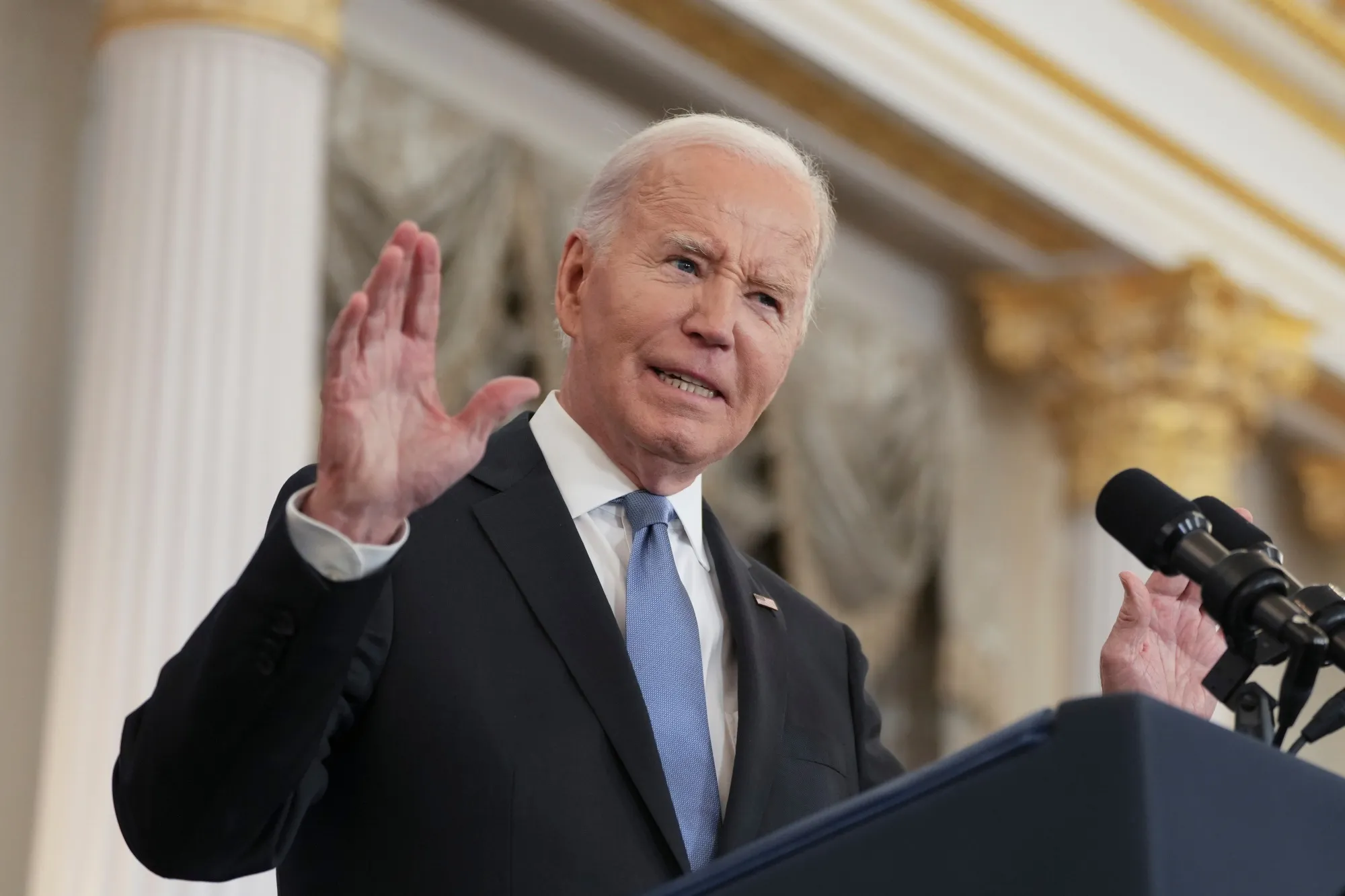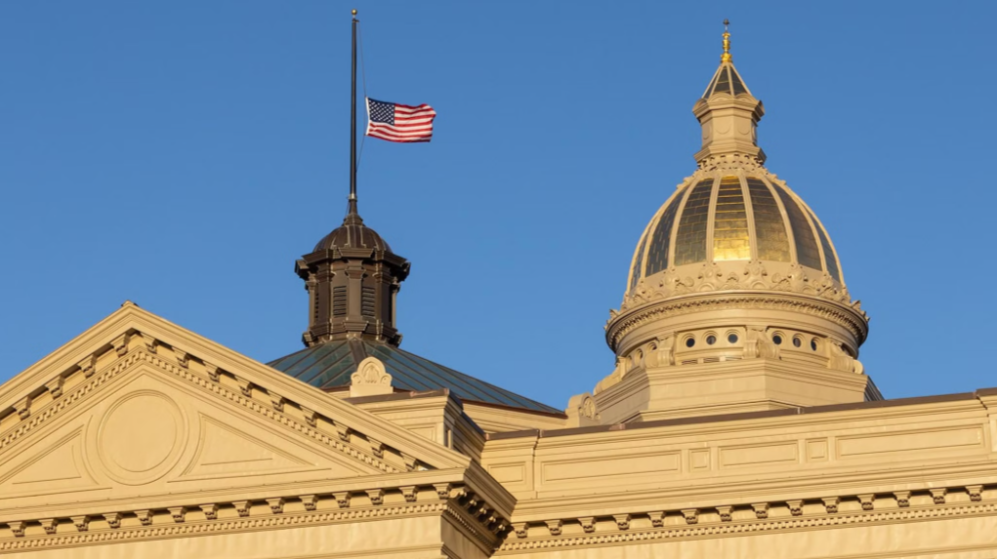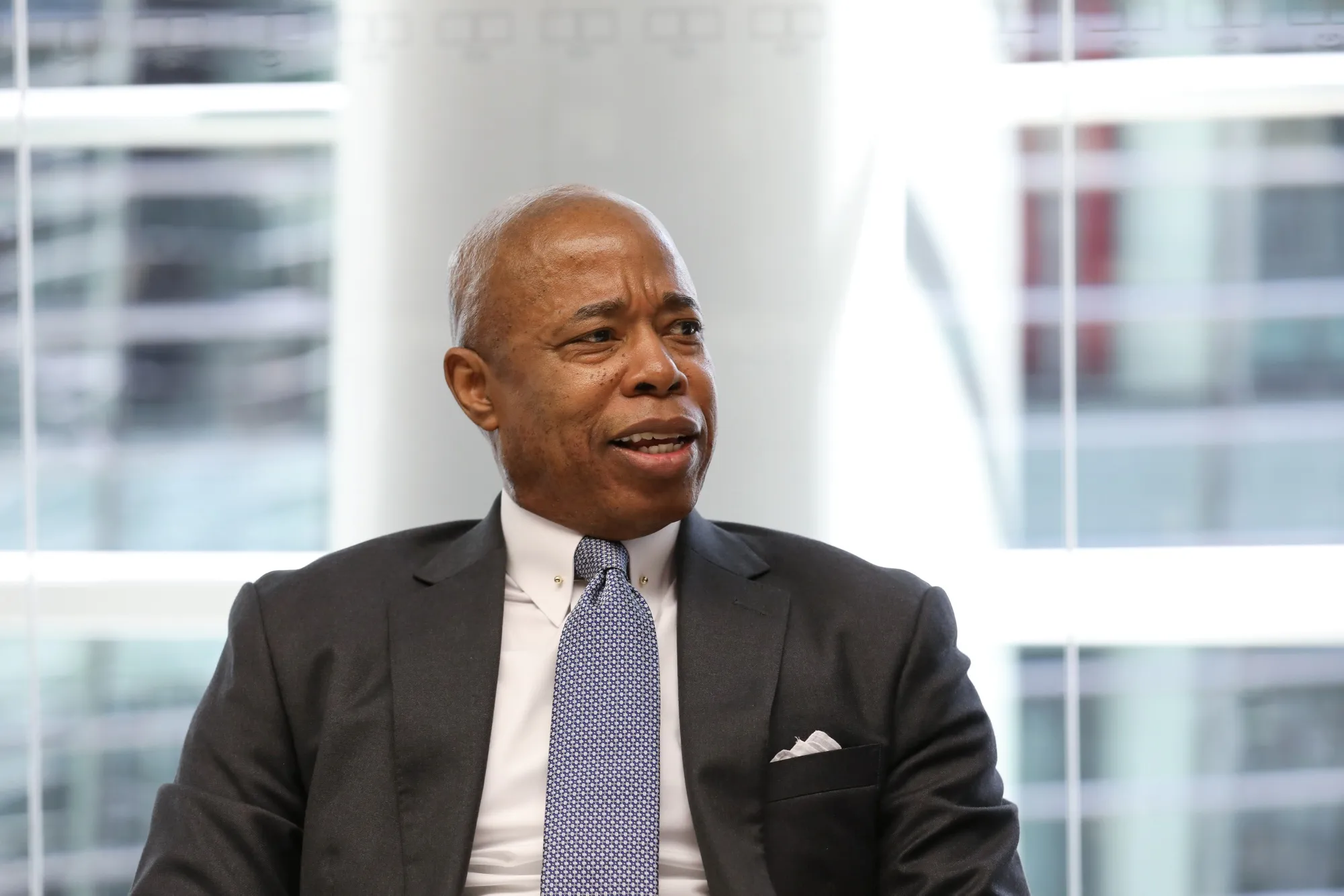As Congress approaches the September 30 deadline to prevent a partial government shutdown, a plan backed by House Speaker Mike Johnson (R-La.) has cleared a significant legislative hurdle but faces an uncertain outcome in a full House vote scheduled for this week.
The proposal, which combines a six-month extension of federal funding for fiscal year 2024 with a controversial bill aimed at strengthening election security, advanced from the House Rules Committee with a 9-4 vote on Monday evening. The legislation, known as a continuing resolution (CR), also includes the Safeguarding American Voter Eligibility (SAVE) Act, a bill endorsed by former President Donald Trump that would require proof of citizenship for voter registration.
Despite passing the Rules Committee, the bill’s future remains precarious. At least five House Republicans have publicly opposed the measure, raising doubts about its ability to secure enough votes for passage. With Johnson’s majority in the House being only four votes, he may need to garner Democratic support to ensure the bill’s approval.
The plan’s provisions include maintaining current federal funding levels for six months to allow more time for negotiating the fiscal year 2025 budget, and addressing election security through the SAVE Act. While both Republicans and Democrats agree on the necessity of a CR to avoid a shutdown, the inclusion of the SAVE Act has created significant controversy.
Democratic leaders have expressed strong opposition to the SAVE Act, with House Minority Leader Hakeem Jeffries (D-N.Y.) labeling it as “partisan and extreme.” The White House has also indicated that President Biden would veto the bill if it were to pass.
Senate Majority Leader Chuck Schumer (D-N.Y.) has emphasized the need for a bipartisan approach, suggesting that a clean CR—free of policy riders—would be more feasible. Schumer has warned against allowing “poison pills” to jeopardize funding for essential programs.
Complicating the situation further, several Republicans are hesitant about the proposed CR, including fiscal conservatives who criticize the idea of extending funding for six months and moderates who are concerned about the timing of the debate, particularly with the upcoming election.
The CR-plus-SAVE Act bill will undergo a procedural vote on Tuesday, with the final vote expected on Wednesday. However, the bill’s passage in the House does not guarantee its success in the Senate, where a different approach to a stopgap measure is anticipated.
With input from the Hill, Axios, and FOX Business.









